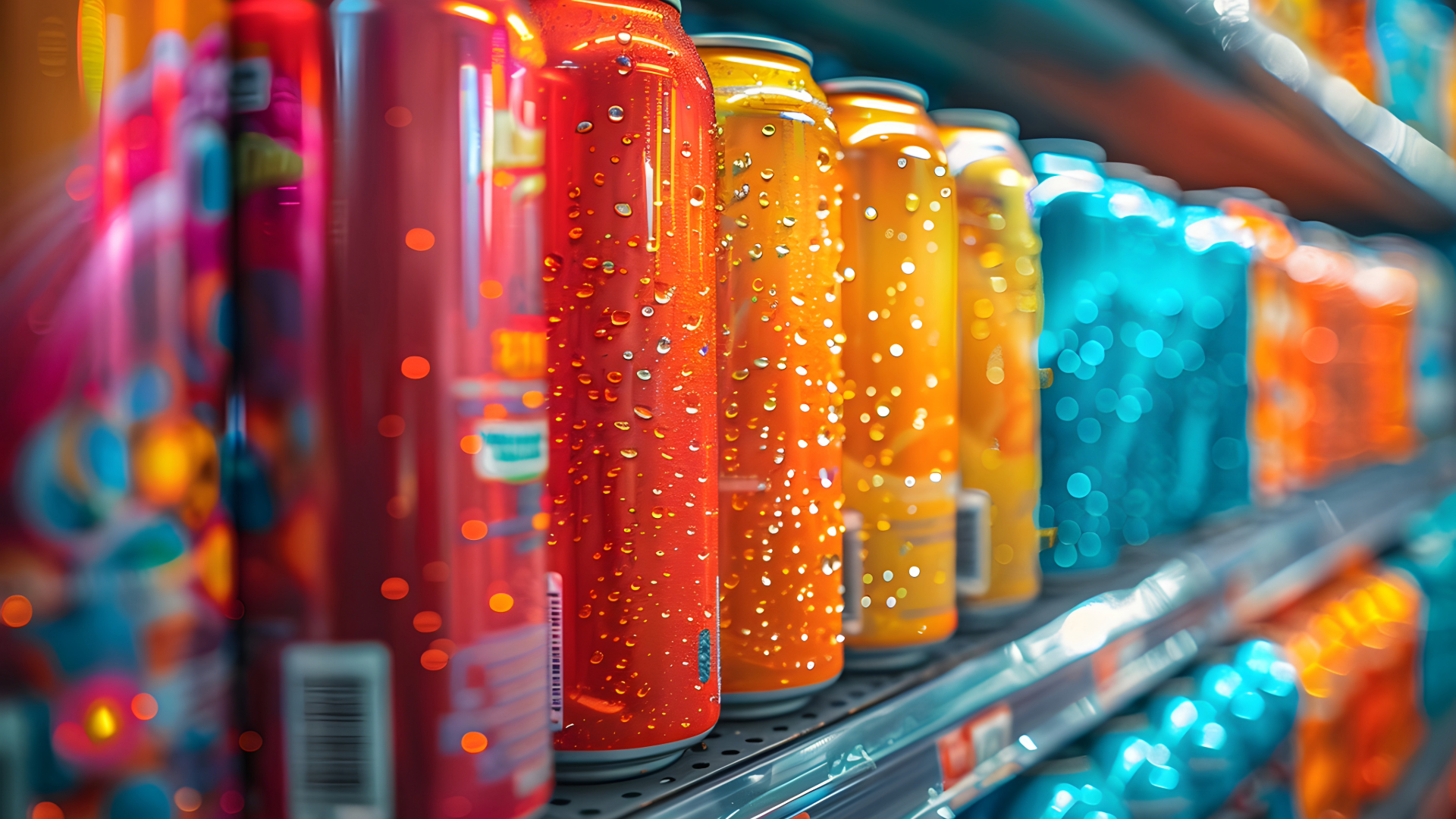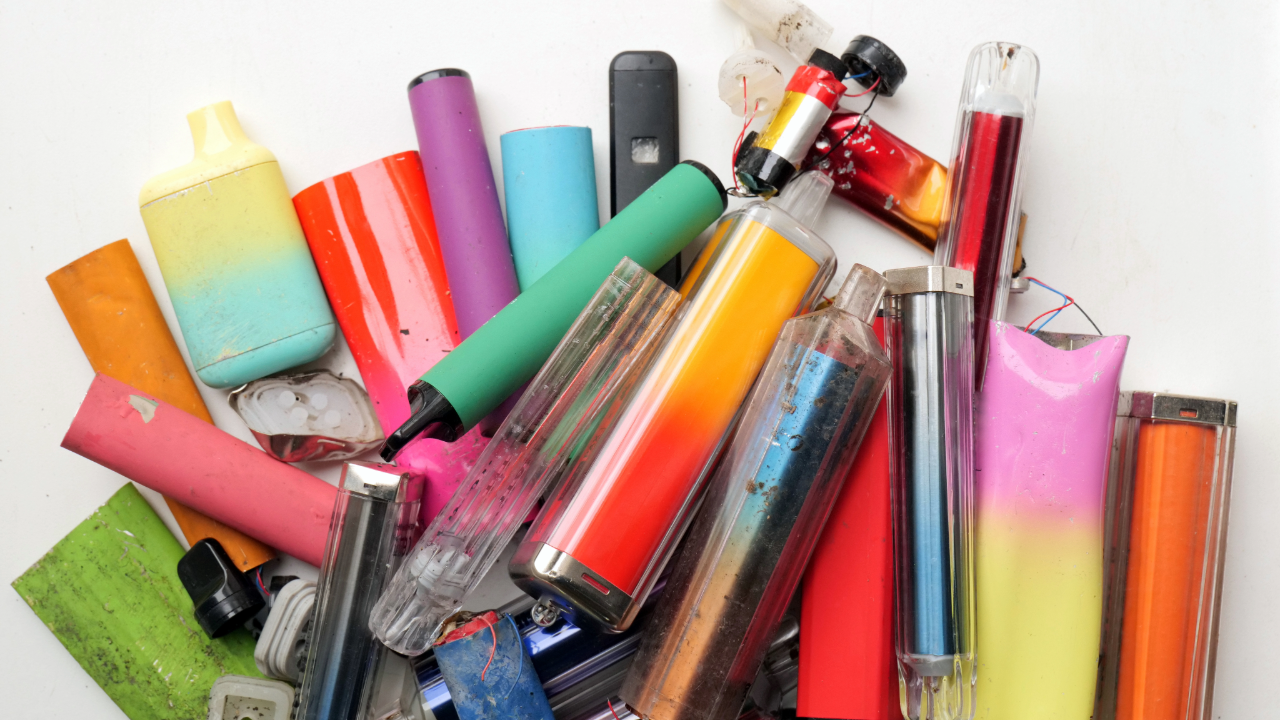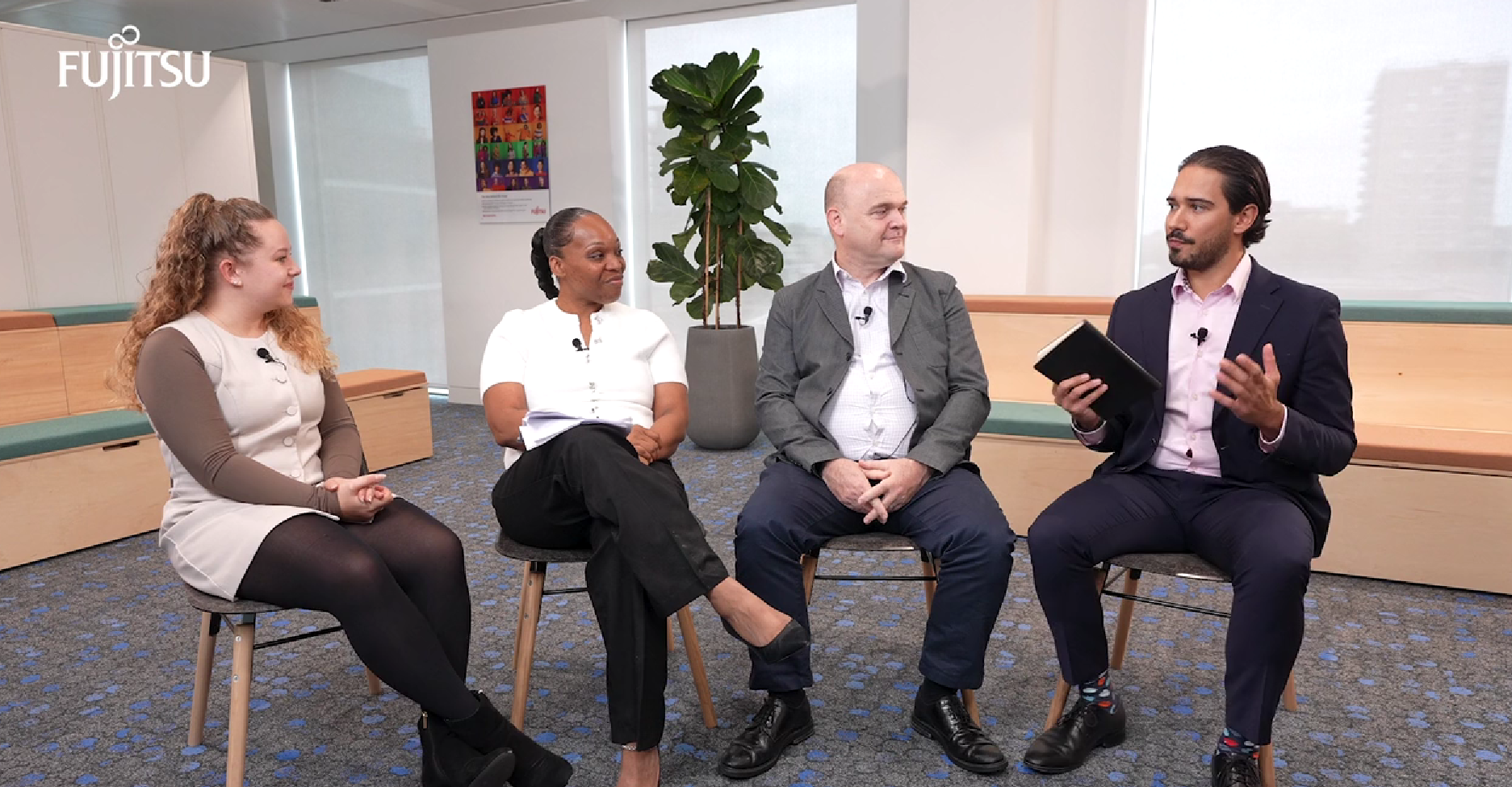Youth Perspectives on the Proposed Energy Drink Ban: Insights from Serve Legal Auditors
Following the King’s Speech, the Labour Party has reinforced its proposed legislation to ban the sale of high-caffeine (150mg/l) energy drinks to under 16s. This pledge comes with the backing of a fully endorsed Trading Standards scheme, including fines of £2,500 for non-compliance.
Serve Legal has a highly engaged auditor community, with many team members aged between 16 and 24. While our auditors are of legal age to purchase high-caffeine energy drinks, this legislation is likely to impact their personal and peer’s customer experience.
In August, we conducted a survey to gather opinions from our auditor community about the effects of this ban. Here are the exclusive findings from over 470 auditors:
- 11% - Aged 16 or 17
- 65% - Aged 18-21
- 10% - Aged 22-25
- 14% - Aged 26+
Caffeine Consumption
Caffeinated drink consumption is common, with over 220 auditors consuming a caffeinated drink daily—ranging from tea and coffee to cola and Lucozade. However, high-caffeine drinks (e.g., PRIME energy, Monster, Red Bull, Mountain Dew) are consumed much less frequently, with only 23 auditors consuming them daily.

Key Concerns and Insights
Availability - ‘Under 16’s can just access them in corner shops anyway.’
Many auditors expressed doubts about the effectiveness of the legislation, suggesting that local, independent shops might not adhere to the ban as strictly as larger businesses.
Additionally, 74% of respondents believed that this ban would lead to an increase in proxy sales, where older customers buy age restricted products for those who are not of legal age.
A number of respondents also commented on the likelihood of increased tension between staff and customers as they are refused sale despite being of legal age. ‘Customers can be rude and aggressive; shop staff may face undue backlash.’
With the Labour Government planning to enforce Trading Standards schemes across the UK, it is important for both independent and national retailers to be confident in their understanding of the legislation so that they have appropriate time to prepare and train staff.
Education - ‘I don’t know enough about the effects on young people’s health.’
With only 15% of respondents believing the impact of this legislation would be negligible, it appears that the Labour Government have the support of young people in enforcing this ban.
However, many auditors admitted they do not fully understand the health implications of high-caffeine energy drinks, highlighting the need for effective marketing and education to inform both consumers and retailers.
Popularity - ‘It would be unpopular.’
Despite some comments about the ban's unpopularity among young consumers, the majority of respondents support the ban.
When asking over 470 respondents if they agreed with the move to ban the sale of high caffeine energy drinks to those under 16, our auditors strongly agreed, with an average score of 82%.
Misunderstanding - ‘I was under the impression it was already illegal.’
The Government currently has guidance to support retailers in avoiding sales of energy drinks to under 16 year olds. However this guidance is not backed by legislation. If you have ever been denied/ asked for ID for an energy drink sale, this would have been a part of the voluntary ban which many supermarkets impose.
This new ban from Labour will be legislative; enforced by Trading Standards and the threat of fines. We believe it is likely that many supermarkets will keep the current Think25 procedures they have in place, but now Trading Standards will have the authority to intervene when standards are not upheld.
Advertising - ‘The higher dose caffeine drinks should be behind a counter and not advertised.’
As we have previously seen with legislation towards tobacco and vape products, advertising and legislation changes play a vital role in influencing customer attitudes.
When asking our auditors, it appeared that a quarter of respondents believed the ban would encourage them to reconsider their consumption of energy drinks.

Accessibility - ‘The verification process may be difficult as 16 year old don’t often have ID.’
Whilst you can apply for a provisional driving license at 15 years and 9 months old, the reality of a 15 or 16 year old having this form of identification is unlikely and uncommon.
As a result many respondents were concerned at the number of 16 year olds who would be legally of age to purchase an energy drink, but wouldn’t have access to a form of ID in order to validate their age.
Some respondents commented that without the implementation of a cheap and accessible form of ID given to 16 year olds, this ban would be unfair.
Serve Legal believes that retailers must be prepared for the ban with pre-emptive signage, labelling, and staff training to protect young customers and maintain business reputations. As the Labour government plans to enforce Trading Standards schemes across the UK, it is crucial for both independent and national retailers to be confident in the legislation and ready to implement it effectively.
For further information or to access our professional assured advice, get in touch with our team here.





.png)



